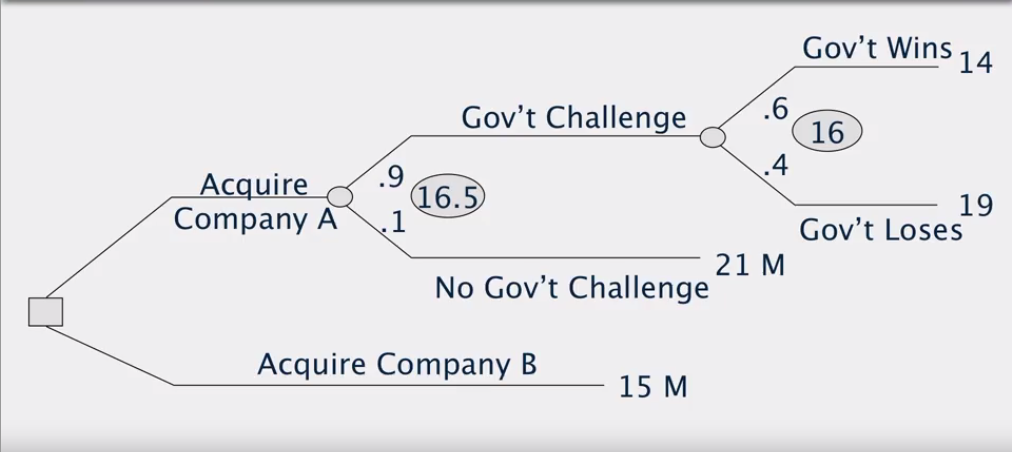Week 2: Successful Negotiations

How to assess your negotiation style
Plan for negotiation
Should I negotiate?
- How do you feel about negotiating in this specific situation?
- What are the risks? (downside)
- Is reward after successful negotiation worth it? (upside)
Types Of Negotiations
Position or interest based?
- Traditional negotiation has been positional.
- Positional - what do you want?
- Interest based - Why do you want something?
| Distributive/Positional | Integrative/Interest Based |
|---|---|
| divide the pie | integrate interests to find common ground |
| competitive | cooperative |
| win/lose | win/win |
| zero sum | non zero sum |
| adverserial | problem solving |
| claiming value | creating value |
Most negotiations start off as positional, but always looks for common interests to build larger pie. And it is an iterative process - positional to interest based to positional.
Dispute resolution or deal making?
| Deal Making | Dispute Resolution |
|---|---|
| Forward looking | Backward looking |
| Interest based | Positional |
| Problem solving | Adverserial |
Dispute resolution processes
- Power
- Litigation
- Arbitration
- Mediation
- Negotiation
- Avoidance
- Alternative Dispute Resolution - Arbitration, Mediation, Negotiation
- Third Party Processes - Litigation, Arbitration, Mediation
- Power/Rights/Interests - Power/Litigation and Arbitration/Mediation and Negotiation
How Should I Analyse Negotiation
What Questions Should I Ask To Complete Analysis?
- What are your overall goals?
- What issues are most important to you? And Why?
- What is your best altenative to negotiated agreement (BATNA)?
- What do you do if deal falls apart?
- This is your leverage, if you have a decent BATNA.
- What is your reservation price? - lowest price.
- What is your most likely price?
- What is your stretch goal?
- Should not be more than the reservation price of the other party
Zone Of Potential Aggrement(ZOPA) - The difference between reservation price of the parties.
Best Alternative To A Negotiated Aggrement For Dispute Resolution
- Litigation or Arbitration
- Understand the elements of legal process and how it works in countries involved.
- Use decison tree analysis to calculate cost of potential risk and value of the deal/dispute adjusted to reflect those risks.

Cross Cultural Negotiation
- Negotiation style and values and beliefs can be different.
- Try to be sensitive to the culture but dont sterotype.
- https://iveybusinessjournal.com/publication/negotiating-the-top-ten-ways-that-culture-can-affect-your-negotiation/
- Gap analysis of difference between your and their negotiation styles.
- Adopt local styles as long as you are knowledgable about it.
- Be aware of important taboos or gotchas of other cultures and avoid them.
Ethical Issues And Standards
- Two clusterss - legal and ethical.
- Law based ethical standards - intersection of legal and ethical
- Fraud
- Fiduciary duty
- Unconscionability
- General ethical standards
- Organizational standards
- Mentor - will my mentor do this?
- Gut test.
- Newspaper test - how would you feel if it appeared on front page in local Newspaper?
- Family test
- Golden Rule - treat others the way you will treat others.
Agents In Negotiations
Should you hire an agent?
- Is the agent better negotiator?
- Does the agent have specific experience in the issue?
- Does the issue require technical knowledge of the agent?
- How much time I do need to invest in negotiation?
- What is my relationship to the other side?
Negotiating with an agent
- First question - does the agent have authority to close?
- Types of authority
- Express
- Implied
- Apparent